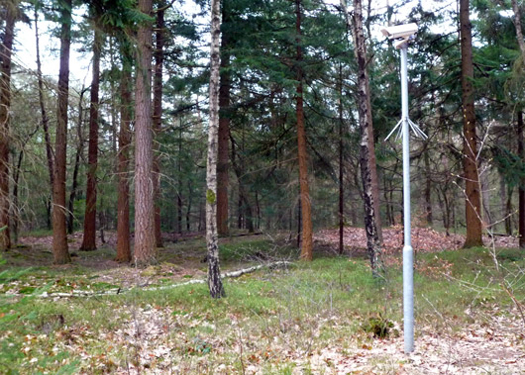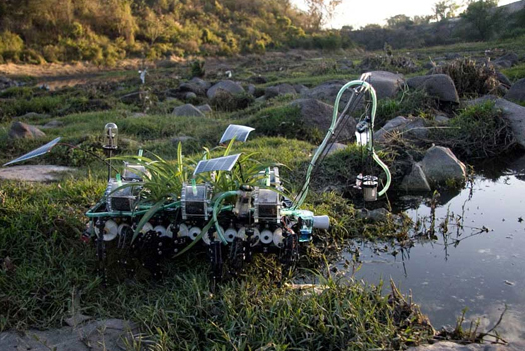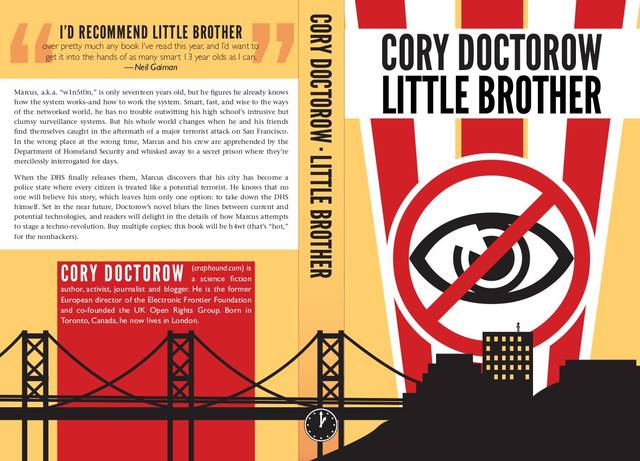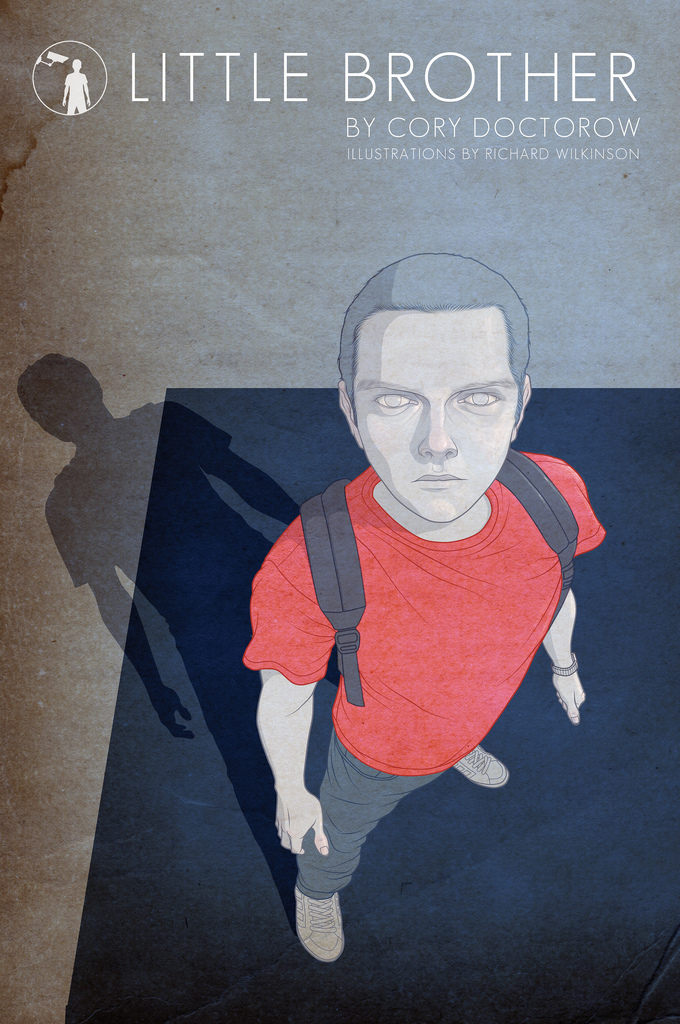Venessa Miemis over at Emergent By Design has been throwing around some interesting ideas about the next step for social media. She is building on an idea that networks-- the social interconnectedness between us-- are essential to the future because "
networks solve the problem of complexity." Social media tools that have emerged in the past 10 years or so have, indeed, centered themselves around networks. However, an essential component to building on and utilizing our networks effectively, she writes, is a remarkably simple return to plain, old
conversations:
"...the most effective means towards helping people along their path of self-discovery, or helping them redefine their mission statement for their life or their business, or constructing a vision for their future, or transcending past hang-ups and fear and illusions, is all through conversation."
I think she's on to something.
Social Web tools available now are designed to share and filter information between people on a large scale. This in itself is highly empowering as it's a qualitatively different "way of knowing" than when institutions are filtering and disseminating information for us and to us. However, popular Web culture has not found a way to systematically turn this knowledge exchange into action outside of cyberspace. In other words, the social Web transmits information from people to people very well but does not necessarily do a good job facilitating what Jianwei Zhang calls "knowledge building," or "the sustained progress of ideas" (Zhang, 2009, p. 275). This is problematic, for what we do with the information we gather on the Internet determines whether this whole Web culture thing succeeds or not. While we have seen participatory culture pop up in small pockets here and there, especially with culture jamming and fan videos on YouTube, the average user (maybe...see below) rarely participates in the "extended, progressive inquiry and incremental advancement of ideas" necessary to have useful action or knowledge creation. (
See slide 11 for participation statistics).
Here's where
the conversation becomes important.

Online social tools like Twitter and Facebook are not designed to facilitate conversation. Twitter's 140 character limit is fun and useful in some cases, but not conducive to conversations. Twitter does not natively pair Tweet responses together, and so dialogic back-and-forths are difficult to keep track of. Futhermore, all utterances on Twitter are broadcast to a large number of followers. Again, this is useful for knowledge sharing, but detrimental to conversation because producing a large number of exclusive Tweets is a social taboo. Facebook has the same problem. Public utterances are confined to small boxes that rarely go beyond 3 or 4 lines of text. The one time I saw a decent conversation happening on someone's wall, he deleted it, probably because the email notifications became a burden. Even worse, the "Like" button has made it easier to respond to posts without saying anything at all. Instead, interactions are reduced to binary reactions rather than nuanced responses. (Can we even say the "Like" button is binary if there's no "Dislike" button??).

Online social interaction are
increasingly moving to these spaces. Perhaps it's even replaced things like AIM instant messaging, which was a huge part of early Web culture in my peer group. In turn, synchronous
conversations with real-time feedback and instant consequences (instant messaging, face-to-face interactions, phone conversations, etc.) have been replaced by small, discrete blocks of asynchronous
reactions.
(Disclaimer: I know I am making huge generalizations here about what "typical" Web interactions look like based on limited data. This perspective is largely anecdotal. Further research [which I am interested in doing, myself] should focus on what typical Web participation looks like on a fine-grained level. This, itself, is paradoxical, however, because there may be no such thing as a "typical" Web user-- the Web, by nature, is fractured, diverse, and resistant to
averages and generalizations. However, I need to rely on these assumptions for a minute to make my point, so bear with me).
Thinking back on my own Web participation, activities that provide opportunities for sustained conversation have been my most salient networked experiences. These experiences tended to be focused around a specific concept or idea in a relatively small-scale community, where each member was generally aware of each (or most) other members (kind of sounds like a
"community of practice", maybe?). This blog, for example, has a small readership where I feel I can respond to each comment and anchor conversations to the post itself. I've had some interesting conversations through Google Wave, which is a platform centered on conversations. A small class I took last semester created a group Wave, and we had wonderful conversations outside of class. (Sadly, Wave has seemed to have fallen off the social media map recently... can we revive that now? I still think it's a great tool...). My participation in the
Infinite Summer online book club and my membership to the
Wallace-l mailing list have been the most long-lasting and consistent online conversation spaces. Both center around a specific topic-- David Foster Wallace and his book,
Infinite Jest-- and have a cast of recurring participants whose personalities, ideologies, and idiosyncrasies are exposed. There's a sense of community and inclusion I feel on Wallace-l that I do not feel on Facebook or Twitter, even though those networks are made up of people I know in physical space and Wallace-l isn't. I think this largely has to do with the exclusivity and
the conversations that occur through the listserv format that makes this so.
While I highly value both Twitter and, to a lesser extent, Facebook, the social dynamic is totally different; my interactions there are centered around small, discrete updates broadcast to a large audience of peers. These are still important tools that have important social implications. It's just that these are not designed to bring us forward in the world of Web culture. That is, they are built for sharing and filtering information, not knowledge creation.

Therefore, facilitating conversation rather than discrete reactions is crucial.
Junto, an open source project that Venessa Miemis is working on, seems pretty cool. I love the idea of bringing video chatting into the equation-- as Chatroulette has shown us, our faces and voices bring a totally different dynamic to social Web tools. But I think other social networking tools (particularly educational
course management systems) should think about the media ecology and criteria of tool use that makes
conversations happen.
Anyway, I pass the conch shell to you all. Where have you had full-on conversations on the Web? About what? Have these interactions been meaningful to you? What were the contexts or circumstances? If you've never had a full conversation via the Internet, why not?
Be sure to also join the conversation over at
Emergent By Design.
Reference
Zhang, J. (2009). Towards a creative social Web for learners and teachers. Educational Researcher, 38, 274-279."Conversation: 6/365" photo courtesey of Ame Otoko via
Creative Commons Attribution-Noncommercial-Share Alike 2.0 Generic














